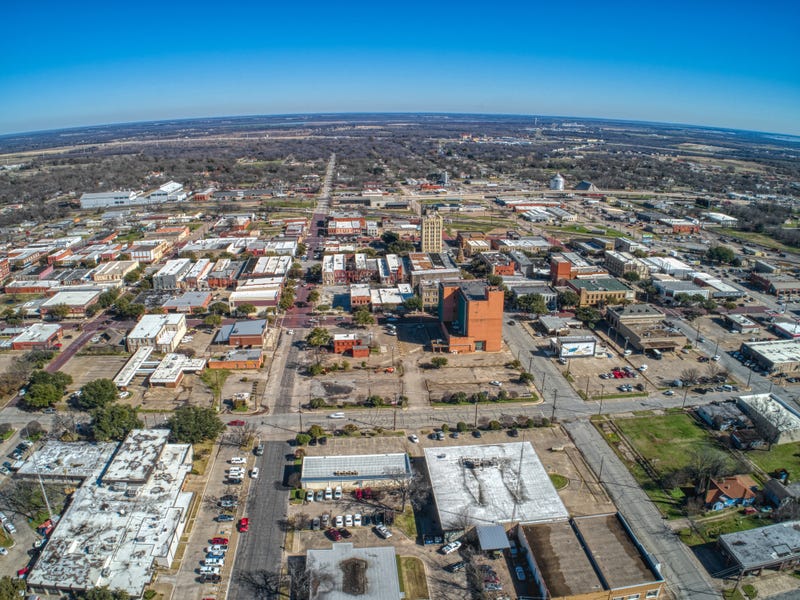
Navarro College – a Corsicana, Texas, community college made famous by the Netflix documentary series “Cheer” – has been hit with a federal lawsuit for racial discrimination, the Houston Chronicle reported Thursday.
This week, former “Cheer” star Jerry Harris was sentenced to 12 years in prison and eight years of court-supervised release after pleading guilty to charges of child pornography and traveling for illicit sex with minors, according to CBS News Chicago.
According to a federal lawsuit filed in March, a campus police officer for Navarro College department named David Arnett accused Michael Police, a Black former Navarro College football player, of smoking marijuana at an off-campus apartment complex in March 2020. Police’s attorneys claim that their client was smoking a Black n’ Mild cigar, and that the accusation was part of a pattern of racial profiling by Navarro College officers.
They also singled out Arnett as having “a history of targeting and harassing African American male students,” at the school.
Navarro College’s department is separate from the Corsicana Police Department and Navarro County Sheriff’s Office. Police’s representation also claim that Arnett did not have jurisdiction to search their client’s person.
Since Texas is one of few U.S. states that hold jury trials to rule on class C misdemeanors, Police was required to comply with a pre-trial process that lasted close to two years. A jury acquitted him this March in Navarro County court.
Attorneys for both Navarro College and Arnett have filed motions to dismiss the case, the Chronicle reported. Representatives for the officer and the school did not respond to the outlet’s requests for comment.
Navarro College was chartered in 1946 and it operates under the policies established by the Texas Higher Education Coordinating Board.
“Navarro College is committed to providing a safe and nondiscriminatory employment and educational environment,” says a statement on the school website. “The College does not discriminate on the basis of race, color, national origin, sex, disability, religion, age, veteran status, or other status protected by the law in its programs or activities or in the context of employment.”


